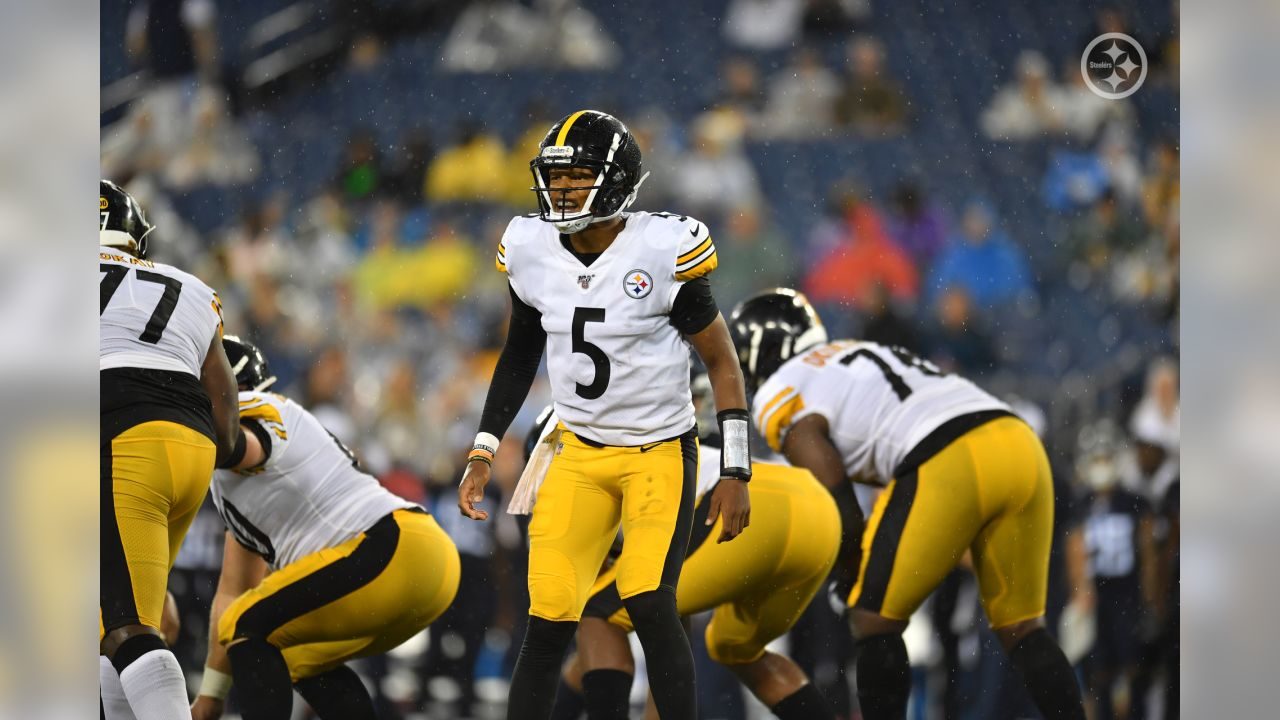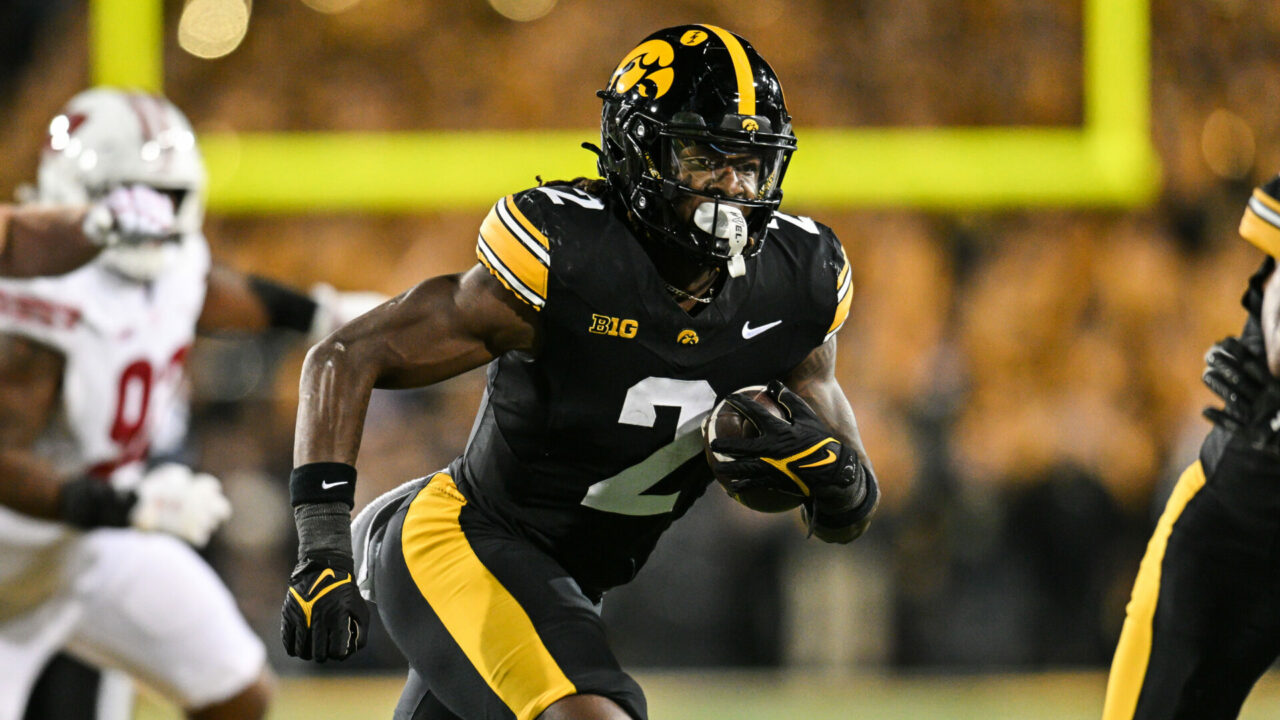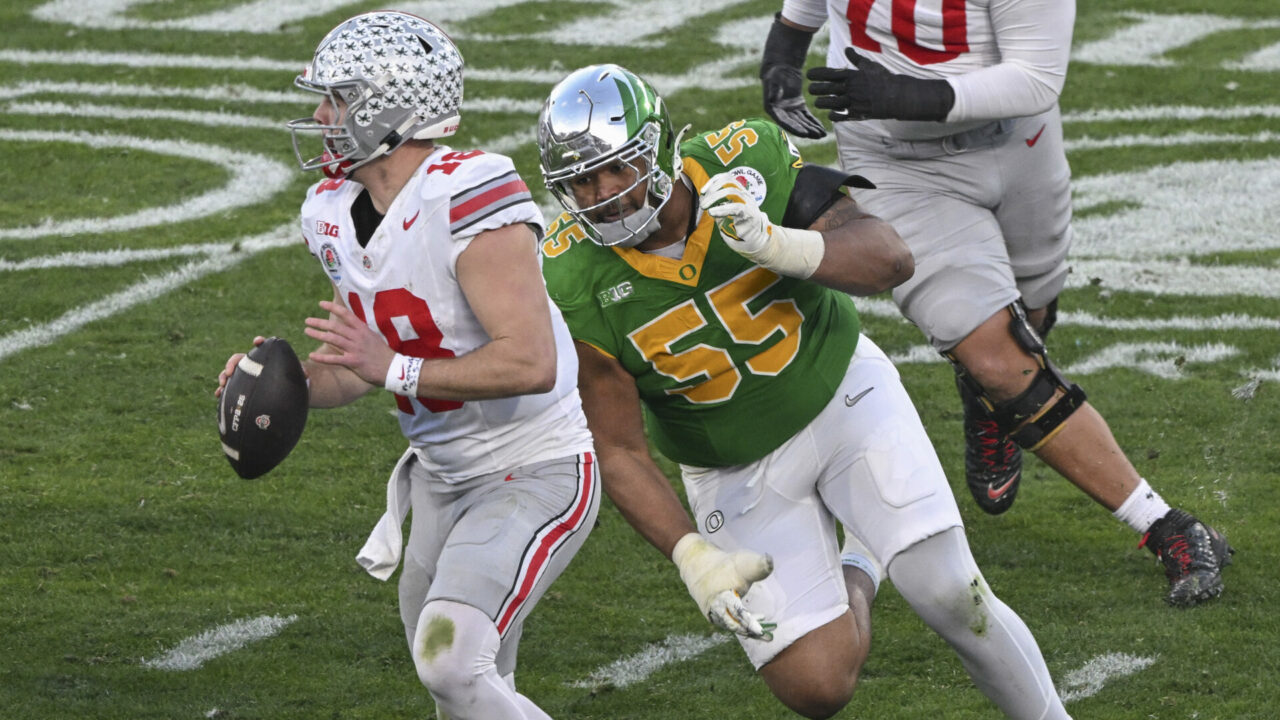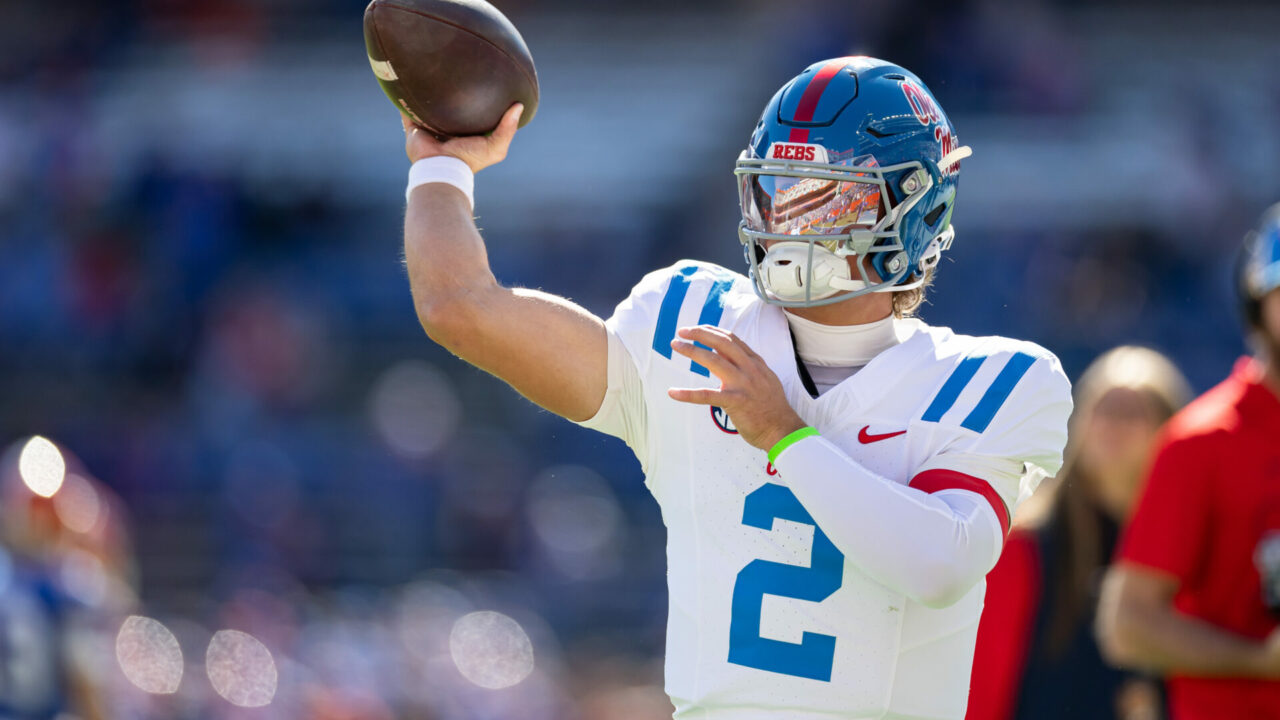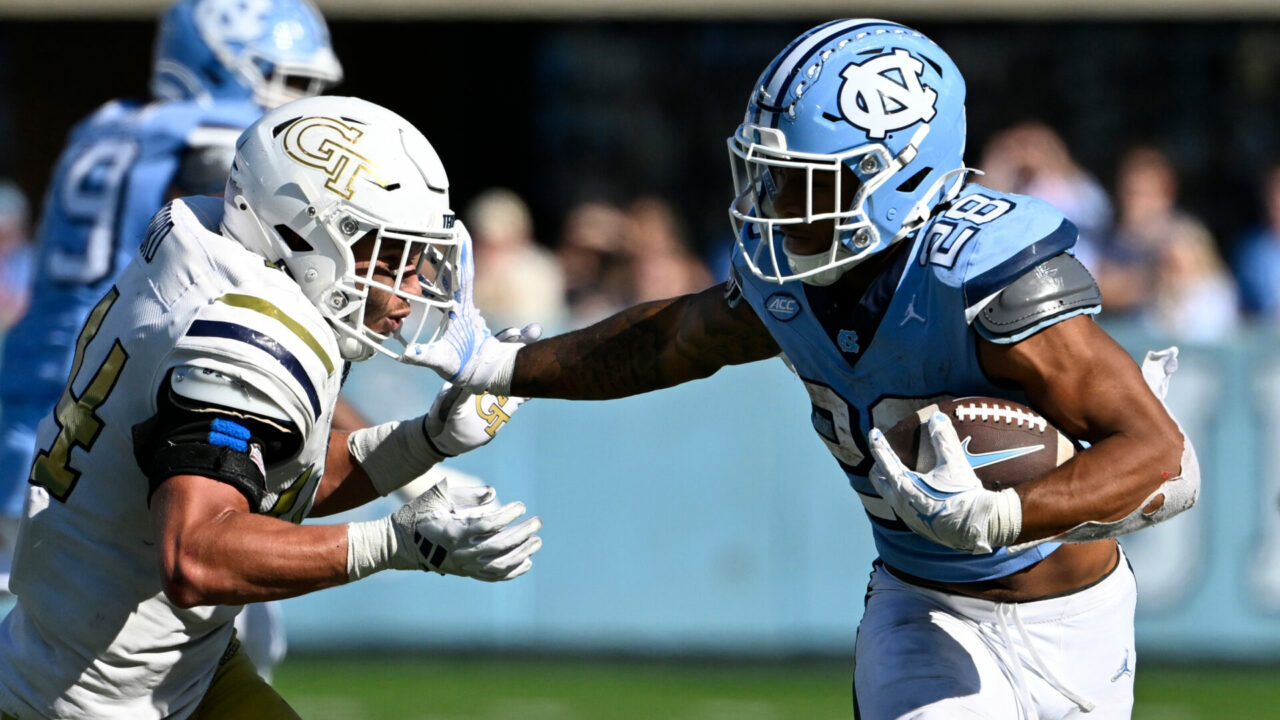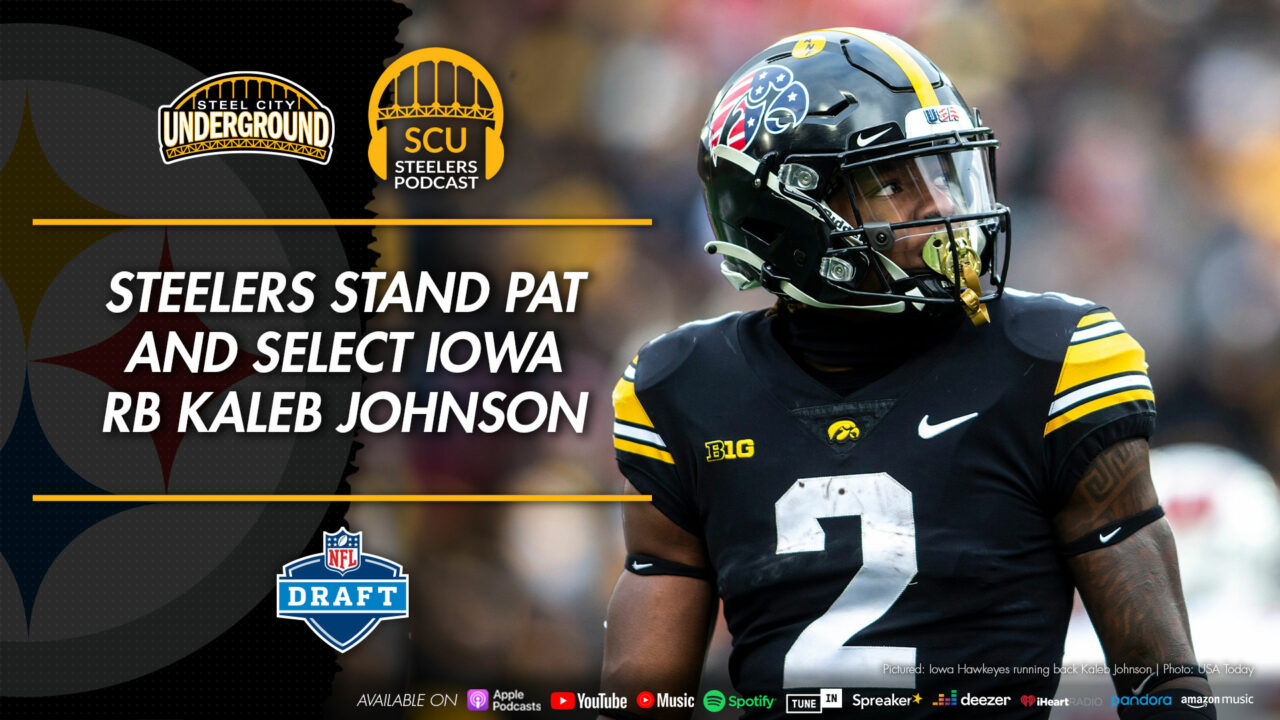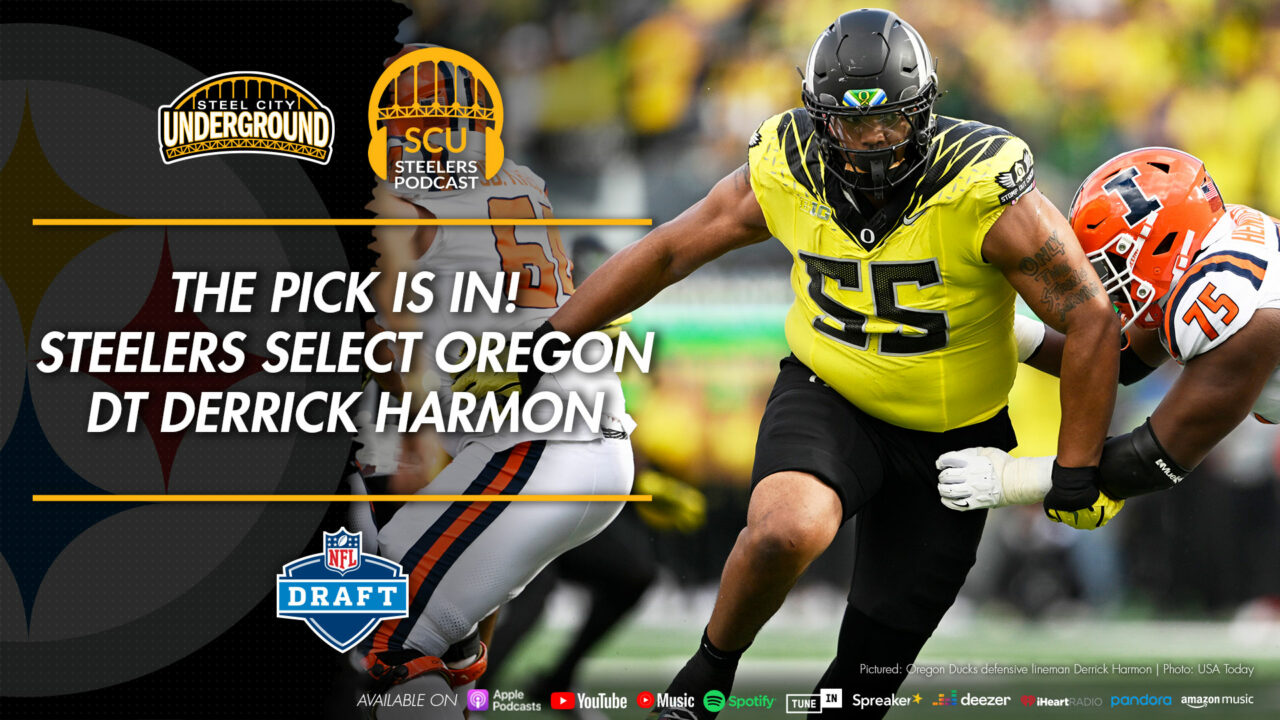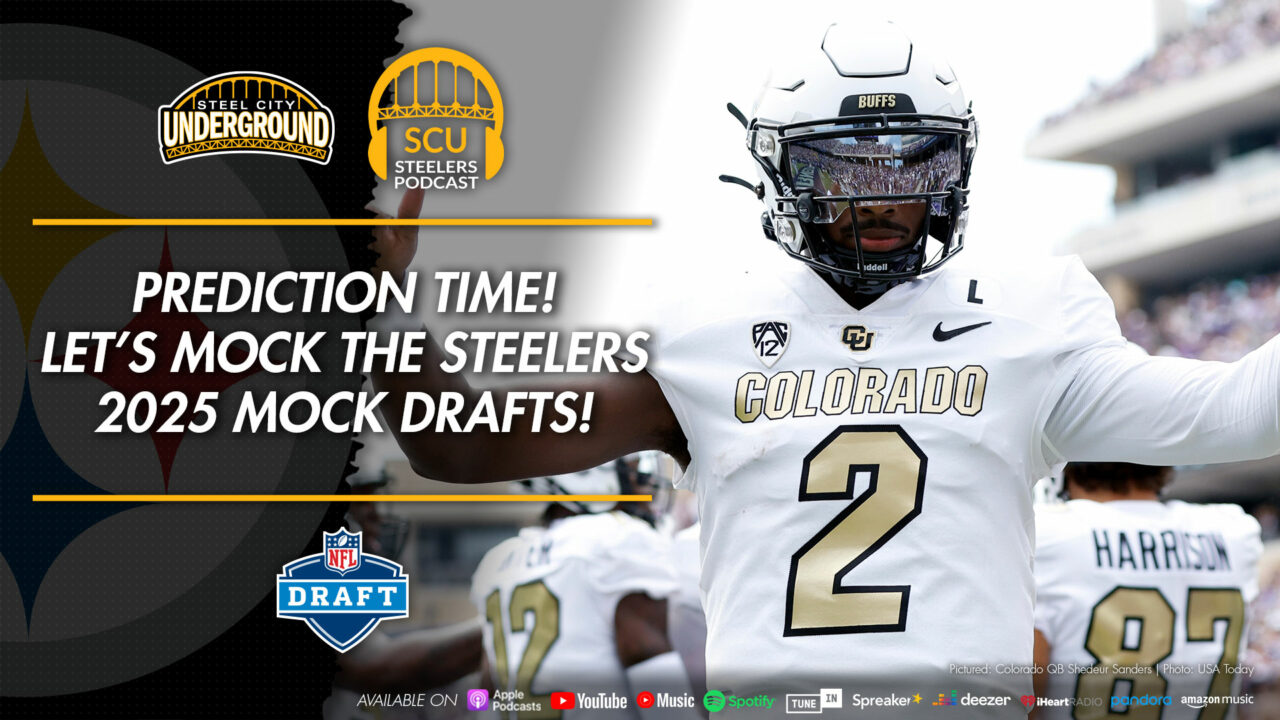Should the Steelers shop Joshua Dobbs in a trade?
Andrew Luck’s sudden retirement from the NFL has sparked a frenzy across the league. Even teams with very little involvement in the situation are seeing some speculation popup: everything from how Luck’s retirement benefits another franchise (insinuating the Colts won’t be as credible of an opponent this season) or how Indianapolis now needs to improve their quarterback situation.
The latter got me into a very lively debate on Twitter the other day, as Steelers fans suddenly started jumping aboard a train to trade backup quarterback Joshua Dobbs. With only one real rumor floating around that either party would be interested in discussing a deal for the Steelers third-year passer, it hasn’t stopped folks from speculating about the possibilities.
This is where I usually come in as the voice of reason.
For the last three weeks of the preseason, Steelers Nation has been abuzz about the rise of last year’s third round pick, QB Mason Rudolph; a player that the organization apparently had a first round grade on and took great glee in acquiring, despite using a fourth round pick on Dobbs in the draft a year prior.
With a year in the system, Rudolph has looked sharp this preseason, presumably battling Dobbs for the team’s backup quarterback job; one in which Dobbs himself was in a fierce battle with Landry Jones last offseason to win.
And he did.
But that Josh Dobbs, who led six different touchdown drives of 70-plus yards in three games last preseason, doesn’t appear to be the same one who is under center this preseason. His not-so-appealing performances haven’t been miserably terrible, as you may see from other backups around the NFL. However, it has lacked the “pop” that had us all fall in love with the idea of Dobbs backing up Ben Roethlisberger in 2018.
That had me pose this question on Twitter:
So which is it #SteelersNation: is Dobbs good or bad? If you're saying he's good enough for a trade, then he has value, right? Also means he still has value to the Steelers too and that's more than a late round pick. #JustSayin
— Joe Kuzma (SCU) (@Joe_Kuzma) August 27, 2019
Let me back up a second and explain the heart of this comment. All of a sudden everyone thinks Dobbs isn’t good enough to be the backup. Does that mean they believe he’s not as good as he was? Or does it mean they think he’s not good at all?
Regardless, if he’s not as good as he once was, why on Earth would a team trade for a player who, for all intents and purposes of this article’s argument, “sucks”?
And if a team believes Dobbs isn’t that good, then what would the Steelers be getting in return?
I understand that part of this equation is undrafted quarterback Devlin Hodges play thus far throughout camp and the preseason. A record-setting passer at FCS level Samford, Hodges is one of if not the best fourth quarterback to be in camp in a very long time.
Typically, the fourth quarterback hanging around the depth chart is simply called a “camp body”. That is, they are expendable and only seen as fit to help give the starter some rest and lead drills.
Hodges has proven to be more than that, but has he proven enough to be more than what Dobbs offers?
Let’s give this some thought: the Steelers have invested three offseasons of training into Joshua Dobbs, plus a fourth-round draft pick. He still has two seasons left on his rookie contract, and has also seen minimal NFL experience, attempting a dozen passes in various spots throughout last year.
That doesn’t quite equate with some trades we’ve seen in the past for quarterbacks such as Jimmy Garoppolo, who the 49ers spent a second-round pick on to acquire from New England in his final year of his contract with the Patriots.
Take another Patriots backup quarterback, Ryan Mallett, who was drafted in the third round. After spending three full seasons behind Tom Brady, the understudy was shipped to the Houston Texans for a conditional seventh round pick. (The trade, made in 2014, would not materialize for New England until 2016.)
Another similar situation is Brett Hundley, who spelled Aaron Rodgers in Green Bay back in 2017. At the end of last preseason, Hundley was shipped to the Seattle Seahawks for a sixth round pick. The difference, however, is that Hundley, a former fifth-round selection, had appeared in 15 career games and thrown over 300 pass attempts.
That’s a far cry from Dobbs’ 12 total, with a 50% completion mark.
So what does this mean for Dobbs’ value?
The outlook isn’t good on a return for the Steelers, versus what he could offer the team in value should he stay put. First, a conditional pick may not even meet the conditions to give the Steelers anything in return. That’s what “conditional” means.
That leaves us to what Dobbs is worth and it certainly isn’t going to be a fourth-round pick at this venture. If Jimmy G was a bonafide star in the making and the Patriots could only seize a second rounder, his exact value from the draft, what will the Steelers fetch for someone without any career starts?
That’s the gamble and not one that’s likely worth risking, in my opinion.
With two years left on his rookie deal, Dobbs was already the backup to Roethlisberger and has a smidge of real NFL experience. Combine that with his fourth-round pedigree and three training camps (and two seasons) worth of on the job experience, and I’m not sure it’s worth parting with a literal rocket scientist for the return of a late round draft pick.
That pick would likely be a sixth or seventh round selection, at best.
For those who were already claiming Dobbs was a “wasted pick”, would you still feel the same way if that’s all the Steelers got?
There’s also chatter of a player-for-player trade, but again, it’s much of the same dilemma. If you’re trading a would-be third string quarterback who could be a backup quarterback, then you can’t expect a starter in return.
At least I don’t believe so.
You also have to consider if other teams would feel compelled to make a deal. With the waiver priority the same as the draft order, perhaps a team such as Indianapolis would have to trade with the Steelers to insure they get their guy, before he’s claimed by another franchise with a higher priority.
Again, this is assuming a few more things on the Steelers end too:
- They like their future with Mason Rudolph as Big Ben’s backup.
- They feel as if Devlin Hodges is a capable third-string quarterback over Dobbs.
- The are comfortable if Hodges had to actually play.
- Dobbs offers nothing further in upside.
- Dobbs offers nothing further in the quarterback room while game planning week-to-week, or holding a clipboard/headset on the sidelines. (He is a rocket scientist after all.)
- They feel they’re being fairly compensated.
- They’re actually considering a trade.
I think, chief among them, the thought that Devlin Hodges actually has to play is the indicator that Dobbs is going nowhere anytime soon. While Dobbs hasn’t had the best preseason, we have seen flashes of what he can do.
And it’s not unlike a third string quarterback hasn’t seen meaningful action in the NFL. Just look at the 49ers last season, where they had to put Nick Mullens in after losing Garoppolo and C.J. Beathard. Or the Houston Texans after losing Deshaun Watson and Tom Savage.
Or just look at the Pittsburgh Steelers: Ben Roethlisberger was the third string quarterback in his rookie season and wound up the starter. Charlie Batch was sitting at the end of the bench for Byron Leftwich and Dennis Dixon, but still got the call, as well as Landry Jones, who passed over for Michael Vick, until he too was injured.
There’s value in having as many seasoned quarterbacks on your depth chart as possible: it’s the most important position on the field, after all. I believe the Steelers have a wealth of talent with this group this season, even to where we’re considering Hodges to make the squad.
But in the end, I don’t feel the risk of losing Dobbs is worth the payoff: at least at this time.
With two more years remaining on his contract and Rudolph still being a virtual unknown when it comes to regular season action as well, Pittsburgh has a tough decision to make if their phone rings, but unless it’s better than the banker’s offer on Deal or No Deal, I’d be saying “no deal” to most of the likely offers.
